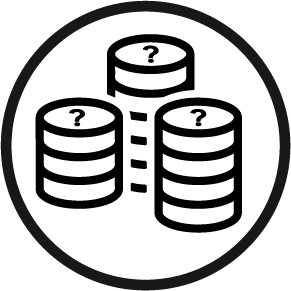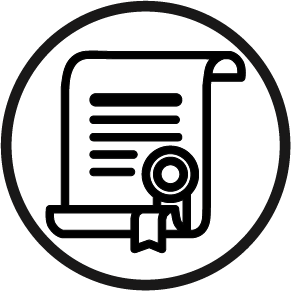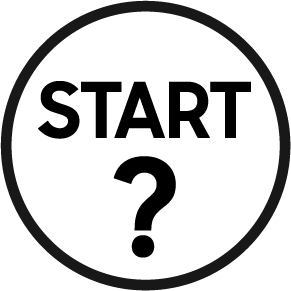Course information
Short Summary:
Welcome to the Alliance’s core training on the Minimum Standards for Child Protection in Humanitarian Action (CPMS).
Course short name:
CPMS
Hide course from catalogue: No
Topic: Humanitarian Essentials, Management Essentials, Programmatic Support, Safety and Security, Technical Sectors
Management Essentials: Communication and language skills, Project management, Training design and facilitation
Safety and Security: Health and safety
Programmatic Support: Communications, Coordination, Programme design, Quality and governance
Technical Sectors: Education, Food security and nutrition, Protection, Psychosocial and psychological first aid, Reproductive health
Humanitarian Essentials: Accountability, Diversity and equality, Principles, practices and standards
Language: English
Format: Online self-directed
Provider: Humanitarian Leadership Academy, The Alliance for Child Protection in Humanitarian Action
Region:
Compatibility: Offline, Tablet, Smartphone
Child Protection Minimum Standards
The Alliance for Child Protection in Humanitarian Action
This introductory e-course is for anyone currently working with and for children in humanitarian settings, as well as all child protection workers who want to prepare themselves for a potential humanitarian crisis.
It can be used:
- As self-guided learning;
- As a pre-requisite for participants attending face-to-face, on-line, or blended learning opportunities about Child Protection in Humanitarian Action;
- As an induction resource for new staff.
STRUCTURE OF THE COURSE:
1. INTRODUCTION TO THE MINIMUM STANDARDS FOR CHILD PROTECTION IN HUMANITARIAN ACTION (CPMS)
This required module provides an overview and basic definitions of CPHA and the CPMS themselves. It examines how the CPMS fits into humanitarian and child protection work, their purpose, linkages to other Standards and guidelines, how to use them, etc.
2. PRINCIPLES AND APPROACHES
This required module looks at the 10 CPMS Principles in relation to working with children; these provide a basis for our work and how we apply the Standards to achieve quality and accountability.
3. THE STANDARDS
These modules do not intend to be comprehensive but provide an introduction to each Standard and examples of applying that Standard in practice. Please refer to the CPMS Further Readings list and the Alliance’s catalogue of courses for more detailed training on specific topics. The following modules are available:
- Standard 1 – Coordination (required)
- Standard 3 – Communications and Advocacy
- Standard 4 – Programme Cycle Management (required)
- Standard 8 – Physical and Emotional Maltreatment
- Standard 9 – Sexual and Gender-Based Violence
- Standard 12 – Child Labour
- Standard 14 – Applying a Socio-Ecological Approach
- Standard 15 – Group Activities for Child Well-Being
- Standard 16 – Strengthening Family and Caregiving Environments
- Standard 17 – Community-Level Approaches
- Standard 20 – Justice for Children
- Standards 21 and 22 – Food Security and Livelihoods and Child Protection
- Standard 23 – Education and Child Protection
- Standard 24 – Health and Child Protection
- Standard 28 – Camp Management and Child Protection
If you are using this e-course as part of a broader capacity-building initiative (i.e. pre-learning for one of the Alliance’s face-to-face workshops or a specific e-course that your agency runs, etc.), then your instructor may assign additional modules.
 | Is this course for me? | ||
|---|---|---|---|
| This introductory e-course is for anyone currently working with and for children in humanitarian settings, as well as all child protection workers who want to prepare themselves for a potential humanitarian crisis. | |||
 | How will I benefit from this course? | ||
At the end of this course, learners will:
| |||
 | How long will it take? | ||
| 4-5 hours. You can pause at any time. | |||
 | How much does it cost? | ||
| This course is free! | |||
 | Will I get a certificate at the end? | ||
| | The Alliance wants to ensure that you as a child protection worker (or another humanitarian actor) are acquainted with the full scope of the CPMS; thus, to receive the completion certificate, you are required to complete five modules: Introduction to the CPMS; Principles and Approaches; Standards 1 & 4; and at least one other Standard of your choice. If you are using this e-course as part of a broader capacity-building initiative (i.e. pre-learning for one of the Alliance’s face-to-face workshops or a specific e-course that your agency runs, etc.), then your instructor may assign additional modules. | ||
 | How do I start? | ||
|
Data protection and consent

